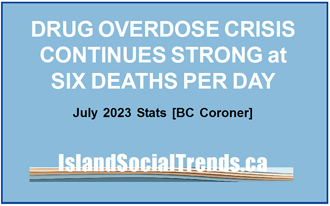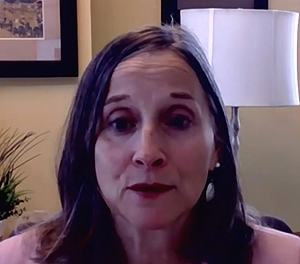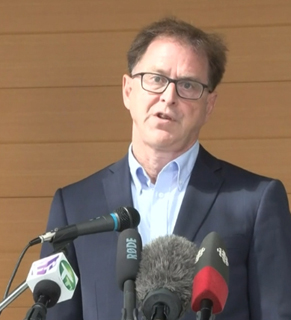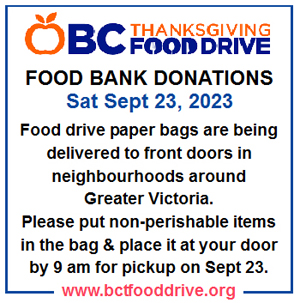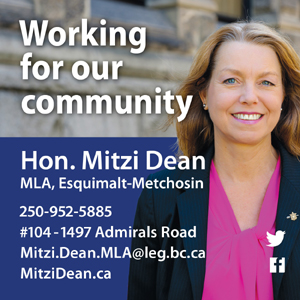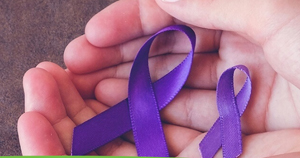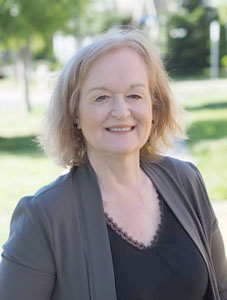Thursday August 31, 2023 | VICTORIA, BC [Updated 11 am]
Editorial commentary by Mary P Brooke, B.Sc. | Island Social Trends
The drug overdose crisis was first declared as a BC public health emergency in 2016. There has been no abatement of the problem or the number of deaths.
The lives of at least 12,739 British Columbians have been lost to unregulated drugs since the public health emergency was first declared in April 2016.
The BC government’s approach to dealing with the crisis was modest at best up to 2019, and then the pandemic turned attention and resources to the COVID health emergency during 2020 to 2022. In 2023 the challenge of saving lives and turning lives around has received new government and public attention in 2023.
But the crisis persists. About six people per day are dying of drug overdose in BC (statistically 6.4 deaths per day in July 2023). Between January and July 2023, at least 1,455 deaths were attributed to toxic drugs, the largest number ever reported by the BC Coroners Service in the first seven months of a calendar year.
For now the 13th consecutive month, more than 190 British Columbians have lost their lives to the toxic, unregulated drug supply, said BC Chief Coroner Lisa Lapointe in a news announcement yesterday.
Apart from reporting statistics and the BC government announcing more ‘treatment beds’, the root causes of substance use are not being addressed.
People are despairing due to a wide range of socioeconomic inequities and harsh lifestyle realities. People work hard just to make ends meet, or work in jobs that are physically harsh and produce pain. Social disparities can be emotionally crippling, leading some people to seek relief in substance use. People despair when life just seems too hard, when few alternatives are seen as possible.
Government response:
Jennifer Whiteside, Minister of Mental Health and Addictions said in a statement yesterday that the province is “building an integrated system of care that offers hope and healing, while simultaneously tackling the root causes of this crisis”. She says the government’s approach “includes expanding treatment options with additional substance-use beds, increased access to medication-assisted treatment, and community counselling services throughout BC”.
Yet the government knows — and the coroner’s statistics show — that many of the deaths occur among persons alone at home, often without anyone among their family or friends knowing about the drug use. Government supports aren’t reaching enough people or addressing true root issues.
Naturally the coronoer will be focussing on the science. Safer supply at least eliminates the toxic aspect.
But Health Minister Adrian Dix said yesterday that the problem is larger than safe drug supply. It seems a bit astonishing to think that providing safer supply will have much might up against the criminal element of society that keeps producing more toxic drugs all the time, where obviously there is no concern for human health.
Here is the BC Government’s statement: Updated actions on the drug poisoning response
Meanwhile, Provincial Health Officer Dr Bonnie Henry issued a statement today, including: “We must, as a community, call out the rhetoric that plays on people’s fears about safety and valid concerns about the cost of housing, food insecurity and inflation to unjustly target people who are homeless and people who use drugs.” She also said: “We must dispel the false dichotomy that pits harm reduction against treatment.” Read Dr Henry’s statement on International Overdose Awareness Day.
BC Coroner’s points to unregulated illicit supply:
For the 13th consecutive month, more than 190 British Columbians have lost their lives to the toxic, unregulated drug supply, according to preliminary data released by the BC Coroners Service.
“I am saddened to once again report that British Columbia’s toxic drug crisis shows no signs of abating,” said Lisa Lapointe, chief coroner. “We are continuing to experience record numbers of deaths province-wide because of the toxic drug supply. The unregulated illicit market is highly unpredictable and continues to put thousands of lives at risk each month. Despite recommendations for the urgent expansion of a safer drug supply, very few have access to a stable, lower-risk alternative.”
“There is no evidence that prescribed safer supply is contributing to unregulated drug deaths,” the Coroner states in a news release yesterday.
High death counts across the province:
The province-wide death rate stands at 46.2 per 100,000 residents, with the Vancouver Coastal (56.7), Island (52.4) and Interior (50.7) health authorities all posting death rates higher than ever previously recorded. The Northern Health Authority (59.8) continues to report the highest rate of death in the province.
People who use drugs in communities throughout B.C. face an extreme risk of significant injury or death. While the highest number of deaths have occurred in urban centres like Vancouver, Surrey and Greater Victoria, the most impacted health service delivery areas in 2023 also include Central Vancouver Island, Northern Interior, Northwest and Greater Nanaimo.
By health authority, the highest number of unregulated drug deaths are in Vancouver Coastal and Fraser Health Authorities (423 and 397 deaths, respectively), making up 56% of all such deaths to date during 2023.
Leading cause of death in BC (by age):
Unregulated drug toxicity is the leading cause of death in British Columbia for persons aged 10 to 59, accounting for more deaths than homicides, suicides, accidents and natural disease combined.
In 2023, 69% of those dying were aged 30 to 59, and 77% were male.
If this level of death among the young and otherwise healthy population was being caused by anything else, there would like be more of a public uproar. This seem to be a broad sentiment, including by the coroner herself. This point to a challenge in bridging the understanding of the root causes of socioeconomic despair.
Overdose Awareness Day:
“In just two days, we’ll recognize International Overdose Awareness Day,” Lapointe said.
The National Safety Council is promoting Overdose Awareness Day on August 31.
“This most sombre of occasions is an important opportunity to recognize all our family members, friends, colleagues and neighbours who have been lost to unregulated drugs. While we honour their memory and grieve alongside their loved ones, we must urge decision-makers to do more to stop these preventable deaths from occurring. The critical risks and losses of life resulting from this public health emergency deserve an urgent response. We must not accept the continued loss of six lives each and every day.”
Government Links:
See the August 30, 2023 drug overdose news announcement for several links to learn more.

===== ABOUT THE WRITER:
Mary P Brooke, B.Sc. (health science) has been writing about local and regional news in BC through a socioeconomic lens since 2008.
Mary P Brooke is the founder and editor of Island Social Trends (and before that West Shore Voice News 2014-2020, Sooke Voice News 2011-2013, and MapleLine Magazine 2008-2010).
In 2023 she was nominated for a Jack Webster Award that recognizes women who serve their community through journalism.
Mary P Brooke is a presenter on the role of journalism and also on urban food resilience.


